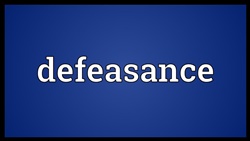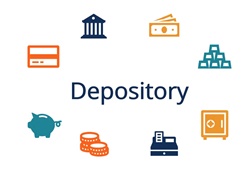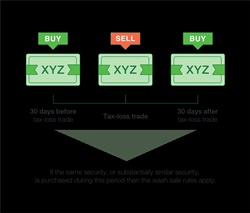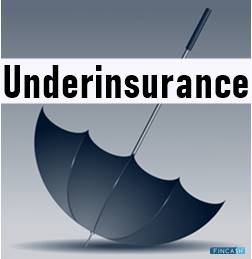
Defining Defeasance
Defeasance is the method that helps in reducing the required fee whenever a borrower decides to prepay a fixed-rate commercial Real Estate loan. This method allows the borrower to exchange some other cash-flowing asset instead of paying cash for the loan’s original Collateral.

Broadly specifying, defeasance refers to a provision that nullifies the agreement in which it is restricted. The provision involves several needs to be met by the buyer before the seller releases his interest in the concerned property. This method entails the borrowers and covers their associated debts while setting aside the cash and other sufficient funds.
Creation of the Defeasance Accounts
The defeasance process is considered a complex one, and a borrower can rarely undertake it entirely. There is a need for a proper Portfolio structure to be set by expert financial advisors. The experts must also ensure that the portfolio precisely supplies the needs of the fund for offsetting the owed debt. This process is like the liability matching process that the pension fund experts use. The future Income stream of the current securities associated with the future payments must be completed.
Defeasance Clause
The defeasance clause stays as a crucial part of the mortgage agreement, and it allows borrowers the right to secure the Deed or the title for the property after paying the debt altogether. Before that, the financial institution that backs the loan has an absolute right to the title as collateral for the debt associated with it. This arrangement is also present with various other large-scale and financed purchases. It involves numerous vehicle loans where once the debt is completely paid, the financing company removes its interest in the property (belonging). Further, the financing firm also releases the entire property to the buyer.
Talk to our investment specialist
When to Prefer Defeasance?
Multiple factors, including the current interest rates, decides the importance of defeasance for a commercial or multifamily real estate borrower. If there is a rise in the Market interest rate and crosses the mortgage rate, there are chances for the borrower to benefit from defeasance. The terms that the lender allows also impact the benefits of losses involved with this method. Even though whether defeasance is the best choice or the worst depends on the individual borrower and varying situations, the practice is a good idea for the lenders. It is mainly because the Bonds involve lower prepayment risks than multifamily or commercial mortgages.
All efforts have been made to ensure the information provided here is accurate. However, no guarantees are made regarding correctness of data. Please verify with scheme information document before making any investment.












